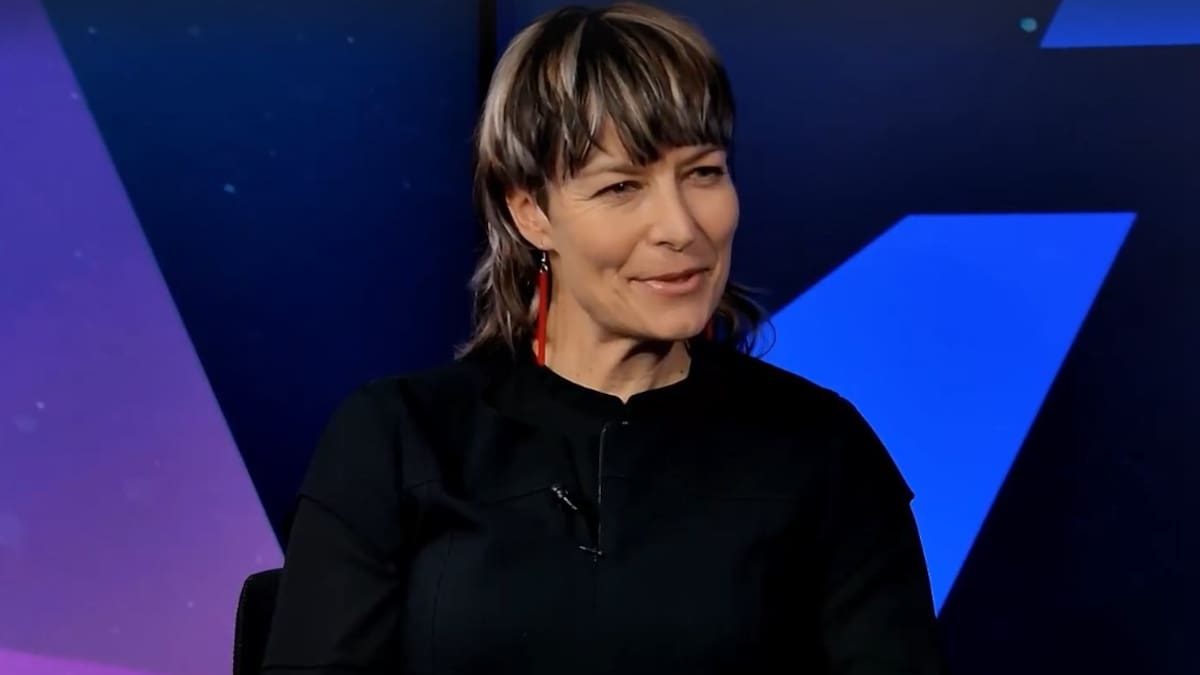At its investor day, Fletcher’s said it expected restructuring and impairment costs to total between $573m and $781m in the year to June 30.
Hamilton Hindin Greene investment adviser Jeremy Sullivan said the economy is taking longer to recover than companies such as Fletcher would like.
That said, Stats NZ data revealed a rise in exports of $676m (9.7%) to $7.7 billion in May 2025 compared to May 2024.
Imports conversely fell by $499m (7.2%), to $6.4b, delivering a monthly trade surplus of $1.2b.
“Milk powder was up 18%, butter and cheese were up 18%, making up the largest component of our trade balance,” Sullivan said.
“Arguably, there were some one-offs on the import side of our trade data, with aircraft parts down 74%. Air New Zealand is the largest aggregator in that sector, and they’re having their fair share of issues with Whitney and Boeing engines.”
The data coincided with an update from South Port New Zealand, which upgraded its full-year earnings guidance.
With higher-than-expected bulk and containerised volumes being handled late in the last quarter, the business now expects its full-year earnings for FY25 to exceed $12.5m, a $2.2m upgrade on its previous forecast range of $9.3m to $10.3m.
Shares in South Port rose 4.76% to $6.60, up 30c, with 9374 shares traded to the value of $60,632.58.
Meanwhile, Briscoe Group reported its fourth fall in a row since being inducted into the NZX 50.
“You look at the volumes, there’s just shy of $15m worth of stock that changed hands on the 19th of June. Today it’s been $20,000, so the volumes just dried up.
“Nothing’s changed with the company, it’s just we’ve got a liquid market, and when things get pushed around from index inclusions or exclusions, that can distort stock prices, and this is just a classic example of it,” Sullivan said.
Shares in Briscoe fell 2.65% to $5.50, down 15c, with 11,655 shares traded to the value of $64,447.14.
Wall Street stocks jumped on Tuesday (local time) as an Iran-Israel ceasefire appeared to hold through its first day and oil prices continued their retreat.
Major indices spent the entire day in positive territory, with both Iran and Israel refraining from new attacks after a barrage of last-minute strikes.
With the “de-escalation, the market seems to be doing better”, said Art Hogan, chief market strategist of B. Riley Wealth, who also described Federal Reserve chairman Jerome Powell’s testimony before Congress as constructive for equities.
The Dow Jones Industrial Average finished up 1.2% at 43,089.02.
The broad-based S&P 500 advanced 1.1% to 6,092.18, while the tech-rich Nasdaq Composite Index jumped 1.4% to 19,912.53.
– Additional reporting AFP
Tom Raynel is a multimedia business journalist for the Herald, covering small business, retail and tourism.





